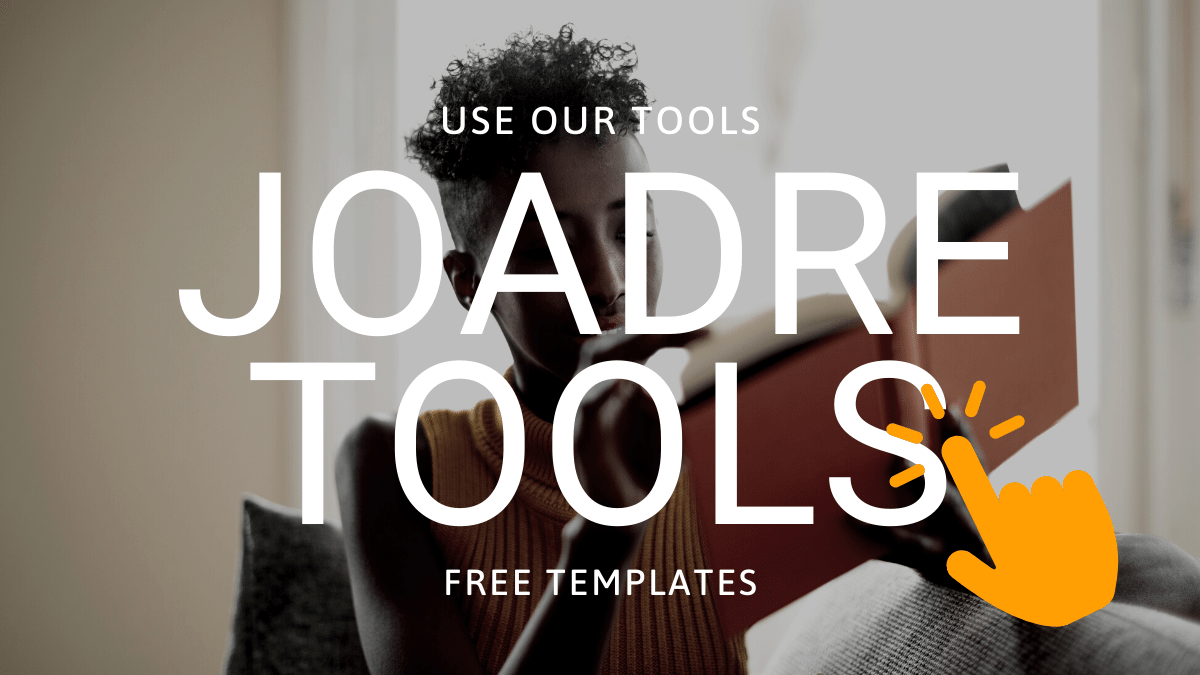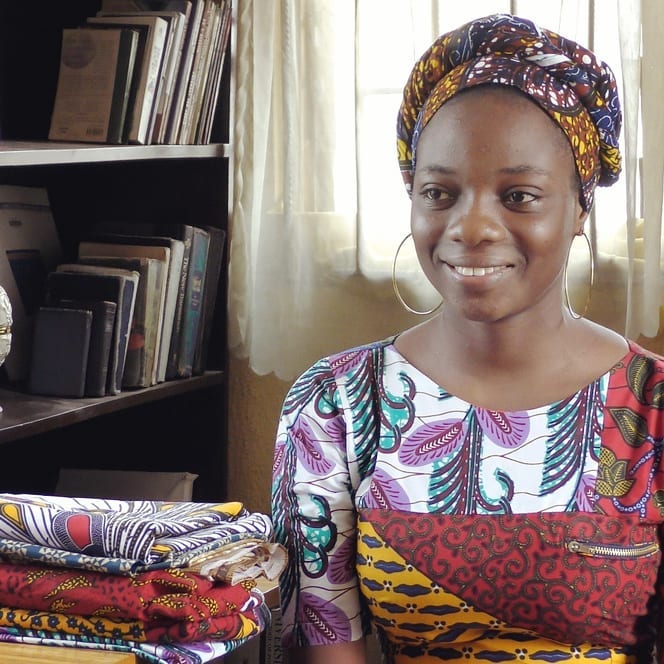Either consciously or unconsciously, when most think of education, we often think of it only within this parameter. Without mincing words, education is something we receive till forever, it never ends. Visit our previous parts of this series Part 1, Part 2, Part , where we cleared the misconception about the meaning of education. In this part, we will touch on the formal education system in Nigeria.
Historical Background of Nigerian Formal Educational System
Historically, Nigeria’s formal educational system in place today can be traced to the long history of European Missionaries’ contact with Nigeria. The educational system started basically with primary education before the inclusion of other levels of education. All being managed according to their respective doctrines and philosophies. The first secondary, CMS Grammar School, Lagos was recorded to be established in the year 1859. After a while, the British government decided to intercede in the effort of the missionaries by donating learning materials.
Meanwhile you should know that the colonial approach by the British administration was packaged in three-fold – chirstianity, education and trade. Later on, the British government gave an ordinance that aimed to the classification of Nigerian schools to public and private schools. This ordinance failed, and another was given, with large employment of foreign teachers and encouragement of missions and private individuals to establish schools. Amidst all this, every community and lands, that formed todays Nigeria, had its own formal education which was not strictly separate from the collective living and aspects of these respective communities.
Subsequently, Nigeria was amalgamated in 1914 and that event brought about a new ordinance to take education to every part of the country. The country did not have a tertiary institution until after 73 years of the establishment of the first secondary school. Notably, that first tertiary institution was Yaba Higher College, established in the year 1932 and commenced full operation in 1934. In later years, specifically 1948, the University College Ibadan was established, starting with just 104 students, and the first private university was established in 1999, Igbinedion University, Edo State.
Nigerian Formal Education Structure
The Nigeria formal education system is based on the National Policy on Education (NPE) guidelines. Nigeria’s formal educational system is known to have changed from time to time, but today, it is based on the (1) -6-3-3-4 formula: The one year provided for pre-primary education (kindergarten), six years for primary education, three years for junior high school, three years for senior secondary, and a minimum of four years for Tertiary education( university, polytechnic, college of education), with exceptions for courses like Medicine and Surgery, Law, Vet. Medicine etc.
Primary: Education System in Nigeria
The primary education in Nigeria usually lasts for six years and can be obtained from both private and public primary schools. While public schools are tuition-free, parents are expected to pay some levies. Private schools on the other hand, charge a substantial amount as tuition fees according to their level of development, facilities and location. Parents are expected to make payment per term, and there are 3 terms in a session. Unfortunately, public schools are plagued with conditions such as lack of proper classrooms, learning materials, chairs, teaching materials, health facilities etc. Therefore, many parents prefer to take their wards to private schools. There, they are assured of a conducive learning environment for their wards. Check our previous blog Equal opportunities for all is bullshit!
Primary School Curriculum
The curriculum of primary education includes subjects such as: Mathematics, English, Social Studies, Home Economics, Agricultural Science, and the recent addition of ICT, French and Civic education. Mind you, there is a slight difference between the curriculum used by the private and public schools. Most private schools often decide to broaden their own curriculum. Yet, maintain the general curriculum prescribed by the education management board. Graduates of this level are awarded a Primary School-Leaving Certificate.
For public schools, primary education is under the control of the local government. For the teachers, the minimum educational requirement to be eligible for employment to teach is the National Certificate of Education (NCE). Private school highly depend on the location of the school, for some, the requirement is a Bachelor’s degree in education. Others however, take as low as Ordinary National Diploma/SSCE.
Junior Secondary School Education
This level of formal education takes 3 years to complete and is divided into two streams; prevocational and academic. The core curriculum includes English, Mathematics, French, Basic Science, Social Studies, Basic Technology, Civics. Whilst the pre-vocational electives include Agriculture, Business studies, Crafts and Computer Education. The non-pre-vocational electives include Creative arts, Religious studies. To be promoted to this level, for a public junior secondary school a candidate must have written and passed a special examination known as ‘Common Entrance’. Should the candidate want to have this level of education in a private school, they would be required to write another entrance examination prepared by the private school. Oftentimes, the frequent age group of students in this level is usually between the age of 9 – 14.
Junior Secondary School Certificate
On the completion of this level, students are awarded the Junior Secondary School Certificate(JSSC). The certificate is awarded after having passed the ‘Junior WAEC’ to either further to Senior Secondary School, Technical College or to enrol for vocational training. Generally, it is tuition-free for public schools, although parents pay certain levies. For students attending private school, just as in the case of primary school, there’s no standard rate; several factors determine how much tuition will be paid. Tuitions are paid per term, and there are 3 terms in a session. Teachers at this level are usually Degree and High National Diploma Certificate holders.
To be continued… Watch out for the next part
Meanwhile, we have developed a unique app called the Joadre Tribe. The tribe app brings together on one platform;
- business education that is relevant to our global economy,
- data information to guide you and
- a community of both international partners/investors and Nigerian entrepreneurs.
The android version is ready for those with android smartphones – downloading right here. An IOS version is on its way. Want to stay connected to know when we have opportunities or release the IOS version of the app so that you can join the tribe? Kindly sign up to our newsletter.




